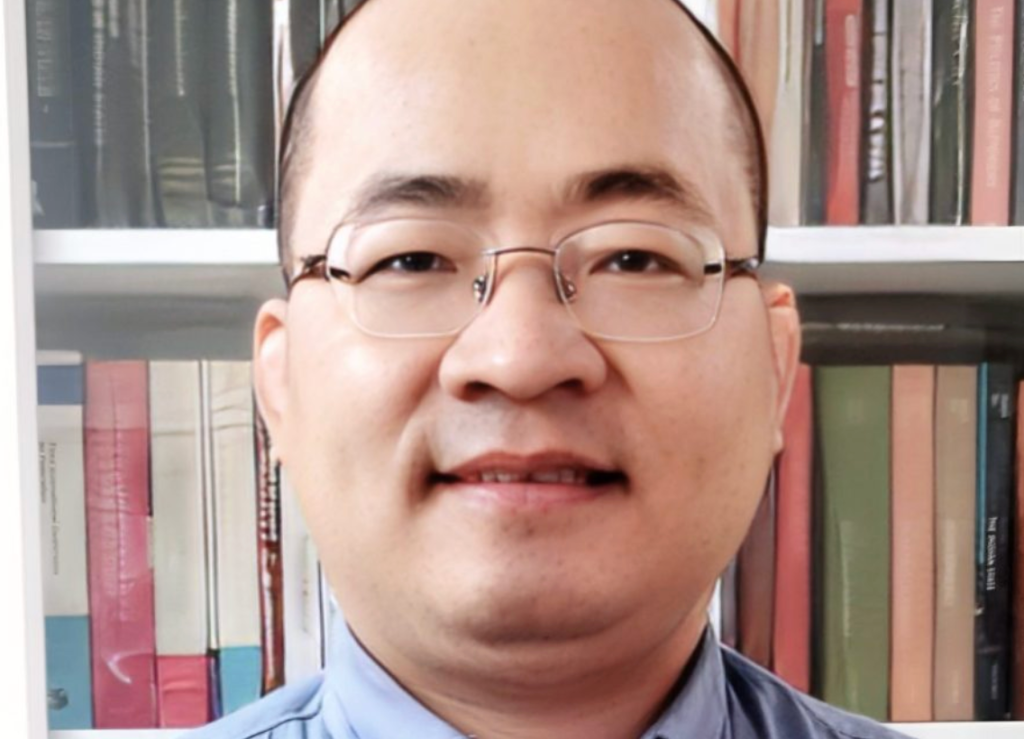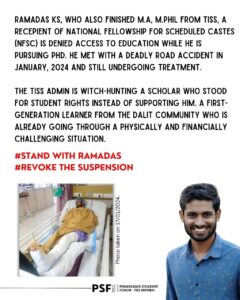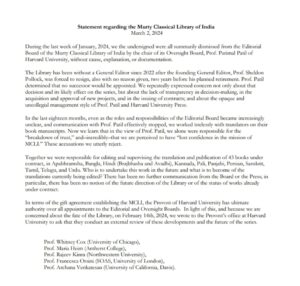
(Editor’s Note: The unrest in Manipur since early May 2023 has shown no signs of abating, with violence and tension
–between the majority Meitei and minority Kuki-Zo groups – continuing to run high amidst a potent
mix of state apathy, collusion and abetment.
The media has faced many challenges in this polarized atmosphere, with lack of mobility and internet access hampering credible reporting, and the risk of assault by mobs as well as security personnel. Despite showing their press identity cards, journalists Soram Inaoba and Johnson of Mami TV, ANI video-journalist B Dayananda were attacked during a lathi-charge reportedly carried out by infantry personnel of the Jat Regiment, Indian Army. Journalism in Manipur has also been segregated, with ownership deciding the approach to the news.
The internet shutdown since May while partially lifted by a High Court order on July 8, is likely to
continue to affect the media reportage since only Internet Leased Lines owned by businesses and offices
have been granted limited internet access.
A fact-finding team constituted by the Congress party in May was barred from entering the state, and an FIR registered against the three-member team led by Annie Raja of the National Federation of Indian Women (NFIW) which termed the May 3 riot as “state-sponsored’’.
With all avenues of getting credible information being increasingly curbed, policed and silenced, the possibilities of evidence-based solutions to the conflict become even thinner. In this context, the trend of clamping down on academic inquiry and public debate on issues related to Manipur has resulted in cases being filed against a reputed scholar.
Aheli Moitra explains why this trend has far-reaching implications.
In The Diplomat piece published on June 12, 2023, Professor Kham Khan Suan Hausing argues the
ways in which Chivu lake and Koubru hills in Manipur state were sacralized, or made sacred. He analyses these processes in the light of the ongoing conflict in Manipur, and establishes a link between these places, gods and the political projects that make such sacralization useful and, indeed, historical.
Nothing is sacred unto itself; sacredness has no essence. Sacredness must be claimed and contested. The ‘sacred’ is established in processes that legitimate such claims among followers (and non- followers) through law, politics, lore, art, and, among other things, violence. Studying and understanding these processes is the work of an academic, particularly one whose area of specialization is political science, and who has spent a major part of his career, applying his academic skills to understanding the generally termed ‘North East’, and specifically the different states and
communities that form part of the said region in the Indian Union.
Arguments made by the professor, currently Head of Department of Political Science at the University
of Hyderabad, in this domain are published widely on news sites, including The Quint, The Indian Express and The Hindu, as well as in interviews published in Scroll.in and The Wire. Anyone else who has studied these processes as closely and is able to establish other links to counter Hausing should do so, and challenge his analysis, through the same means and, if they please, through academic publications, or other platforms of debate.
Two private actors, Manihar Moirangthem Singh (complainant) and Salam Gourakishwor (witness), have made criminal charges against Hausing based on similar arguments the latter made during an interview with Karan Thapar on The Wire’s YouTube channel. Hausing has now been charged under sections 153 (A) (promoting enmity on religious grounds), 200 (knowingly making false statements), 295 (A) (outraging religious feelings), 298 (verbal insults to religious feelings) 505 (1) (with intent to incite, or likely to incite, any class or community of persons to commit any offence against any other class or community) and 120 (B) (party to a criminal conspiracy) of the Indian Penal Code.
In an order on July 6, the Chief Judicial Magistrate (CJM), Imphal East, took cognizance of the ‘statement of the
Complainant and the witness’ that Hausing has ‘made derogatory statement against the holy religious site associated historically with Meitei Community’ which ‘defame’ the said community at large.
The cases leveled against Hausing amount to curtailing his freedom to present his observations and findings in the public domain to shed light on the ongoing situation in Manipur. Few scholars of, and on, the region we identify as the North East have the gumption to publicly deliberate on issues of the region based on historical facts. The reasons are captured exactly in the act of countering the academic by attacking him outside of his arena of expertise, and in the arena of rights – by curbing his freedom of expression.
That issues of ‘sacredness’ slip into the public domain and have a high potential to ‘hurt’ public sentiments is a point well taken, but who decides these boundaries and through what process? Karan Thapar’s youtube-disseminated interviews made the public position of parties to, and commentators on, the conflict widely available to a local and global audience, seeking answers in the context of Indian liberal attitudes to constitutionalism.
Given the court’s logic to take cognizance of the case against Hausing, and if everyone in Manipur currently had equal access to the courts in Manipur, there could potentially be 14 such cases in courts across Manipur based on the interviews that Karan Thapar did on the subject, plus a 15 th , the interviewer himself.
That would make Manipur several things, except a federal constituent of a constitutional democracy that adheres to fundamental rights to freedom of speech and expression. However, that Hausing is one among three Kuki-Zo public
commentators on these interviews charged with similar cases indicates that it could be the ‘Kukiness’ – claiming a Kuki-Zo position not acceptable to a Manipuri majority – of these commentators that is also under attack.
These cases point to their individual and collective incarceration that will begin as a result of putting their perspectives on public domain, and a national public domain at that, when the Manipur state media space, as well as Imphal itself that is the seat of the court, has become inaccessible to them. It is not without reason, then, that suggestions have arisen to temporarily move the Manipur High Court to Guwahati (Assam).
An academic’s right to debate, freely
I will focus only on the academic’s rights here, and ask, can a Kuki-Zo academic not be allowed the freedom to present their findings and analysis on the public domain in India today for a wider audience to engage with in a situation of conflict? Or is it that academics in India must now only work, and speak, to appease sacred mystifications?
By taking cognizance of a case such as this, the court of the CJM, Imphal East, has only played into one of the theories presented during this conflict: the establishment and use of an institutionalized system of violating the human rights of undesirable citizens of the Indian Union, exemplified before in Gujarat (2002) and now in Manipur (2023).
It is a tragic irony that it was Professor Kham Khan Suan Hausing who pointed us in this direction, and has himself been pulled into this systemic black hole that will, if taken further, become a case in point of other examples that show us how the process is punishment in India today. This institutional mechanism is virulent and poses a threat to every citizen of this Union – particularly its professional observers and public intellectuals like journalists and academics, as seen in this case – through its applicability on a local scale, and, potentially, a national scale.
Academics must, like other professionals, be ensured rights that enable them to carry out rigorous and objective research on the most contentious of issues in the humanities and social sciences, as well as present them on public domain without the threat of an infringement of their fundamental rights by private actors. The boundaries on rights and freedoms must be set by public institutions, and only an impartial judiciary can gauge this.
Aheli Moitra is an academic and journalist who lives and works in Norway and Nagaland.



Excellent writing by Aheli Moitra